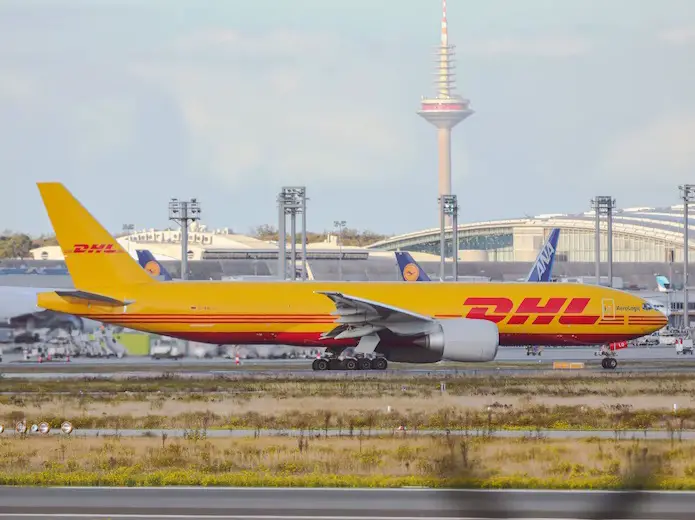Even as the “Summer of hell” recedes in the rearview mirror, the airline industry is still coping with a national pilot shortage. One government estimate sees a shortfall of 18,000-plus pilots every year for the next decade.
Now a regional airline, Mesa Airlines, which flies for both United and American, and cargo carrier DHL Express, says it may be able to help solve that problem.
In an interview, Mesa CEO Jonathan Ornstein says his company has begun offering interest-free loans that will allow pilots to accumulate the necessary numbers of in-air training miles they need to fly commercially in the United States.
Ornstein said, “What we’ve done is we just made an order for up to 104 smaller, light training aircraft, where we’re effectively going to give people the opportunity to fly those aircraft, finance it completely. They don’t pay us any money until they come to work. And the basic price, $25 an hour, is about literally 1/6 of what it would cost them to do it on their own. So it’s just a terrific opportunity for new aspiring aviators to get into commercial aviation, which has now never been more lucrative.”
According to Ornstein, pilots are ecstatic with the program, with 70 new signups in a single day. He noted, “There are 25,000 or more folks out there who want to fly in commercial aviation but cannot build the time quickly enough.”
Ornstein noted his company will hire everyone who completes the program, and starting wages will be $100 per hour. He said, “These people coming into the industry now, make probably close to $100,000 a year in their first year coming to work at Mesa.”
As of 2013, the Federal Aviation Administration (FAA) requires pilots have a minimum of 1,500 hours of flight training time. The previous requirement had been 250 hours. Republic Airways had challenged this change to the standards as unreasonable, but was unsuccessful.
Ornstein noted the rule change has exacerbated the pilot shortage, and that the European Union only requires 250 hours of training. He said, “It’s kind of incredible that a big wide body aircraft flown by Air France or Lufthansa can fly into JFK with a pilot who has 400 hours and yet an American pilot is not deemed as capable somehow to fly a regional jet into Des Moines.”
United, American, and Delta have said because of the rules, they have needed to cut regional service to smaller cities like, Iowa’s Des Moines and Dubuque, New York’s Ithaca and Islip, and Ohio’s Toledo. Ornstein predicts those cuts will continue, saying, “We’re talking about the evaporation of the regional industry if we don’t do something quickly and I think the impact on the traveling public could be very, very significant.”
As the pilot shortage continues, flyers can expect to continue to see increased delays, reduced schedules, cancellations, and, rising ticket prices. Ornstein noted, “The ultimate loser is the consumer. Airline prices are up almost 35% year-over-year, service in 70% of all cities has declined and believe me, this is all due to the fact that we just don’t have enough people to fly aircraft.”


